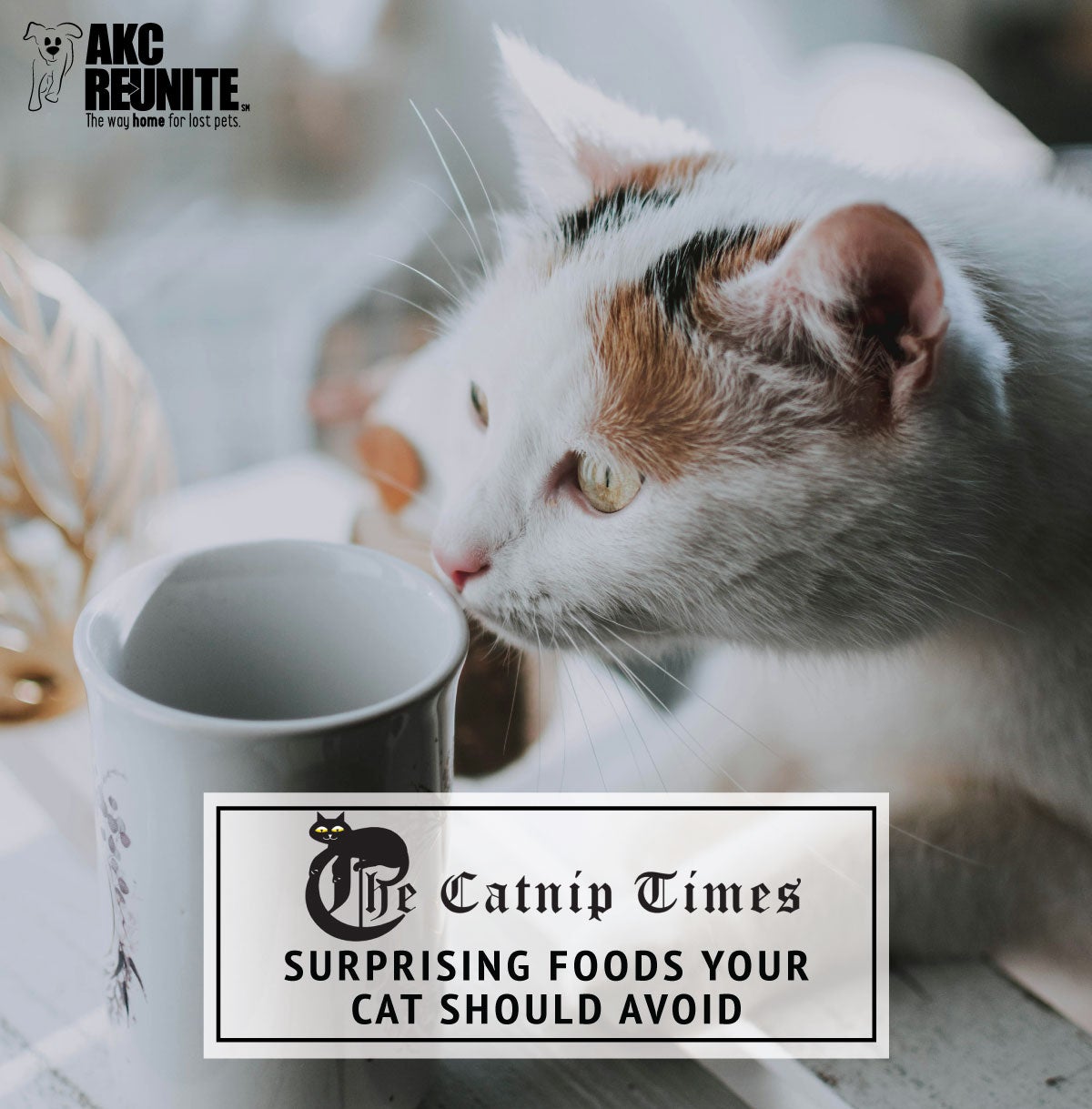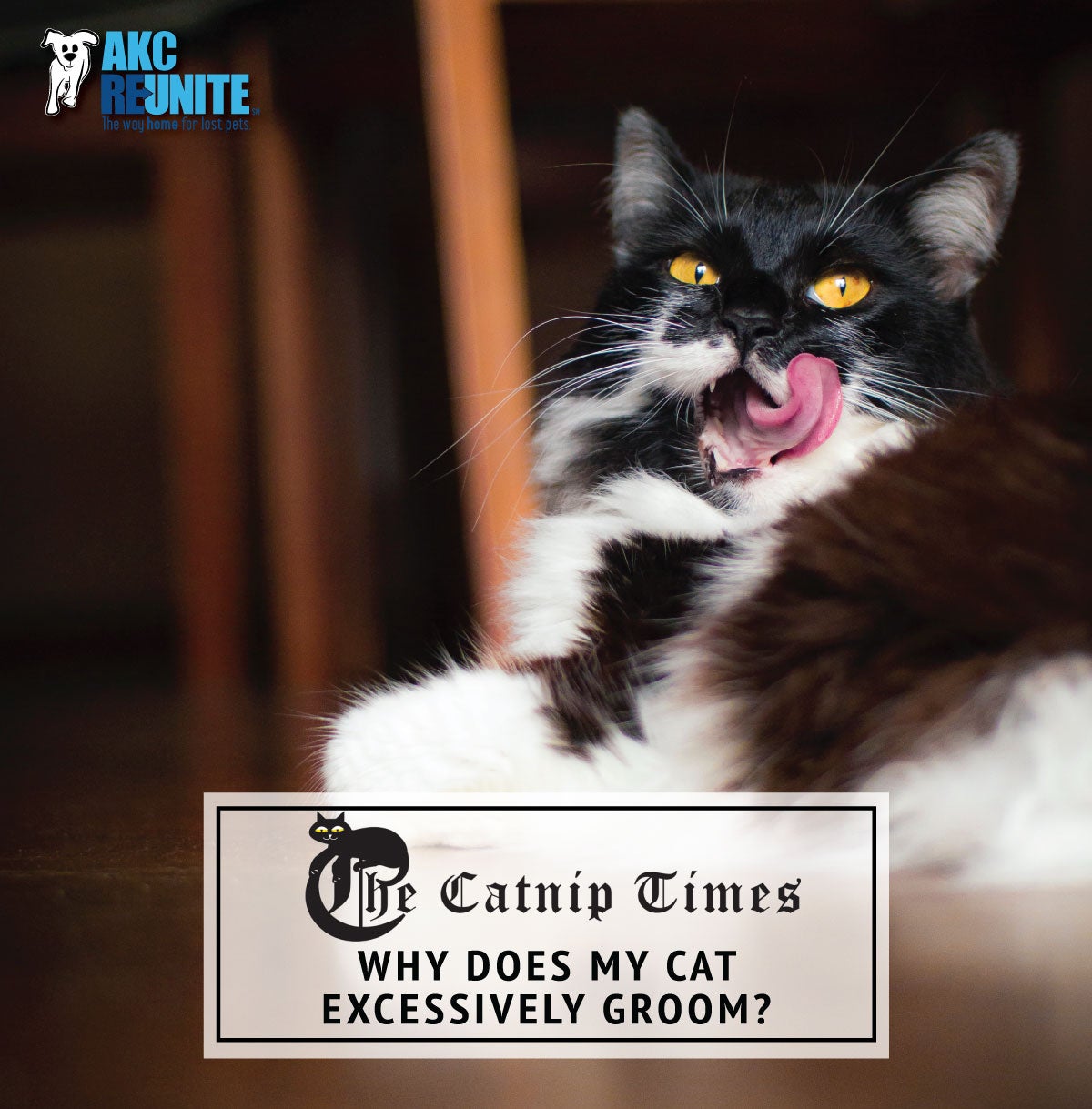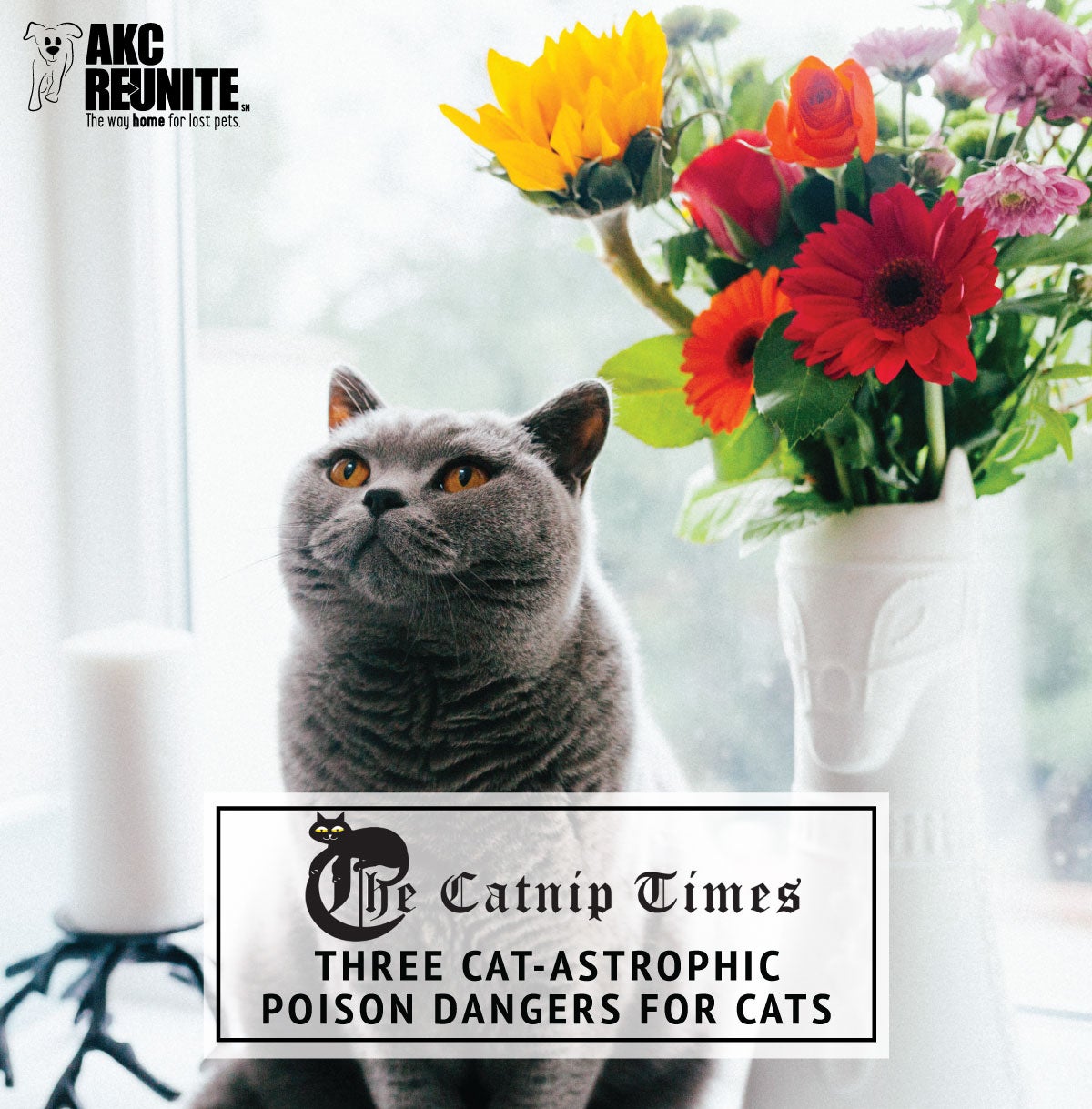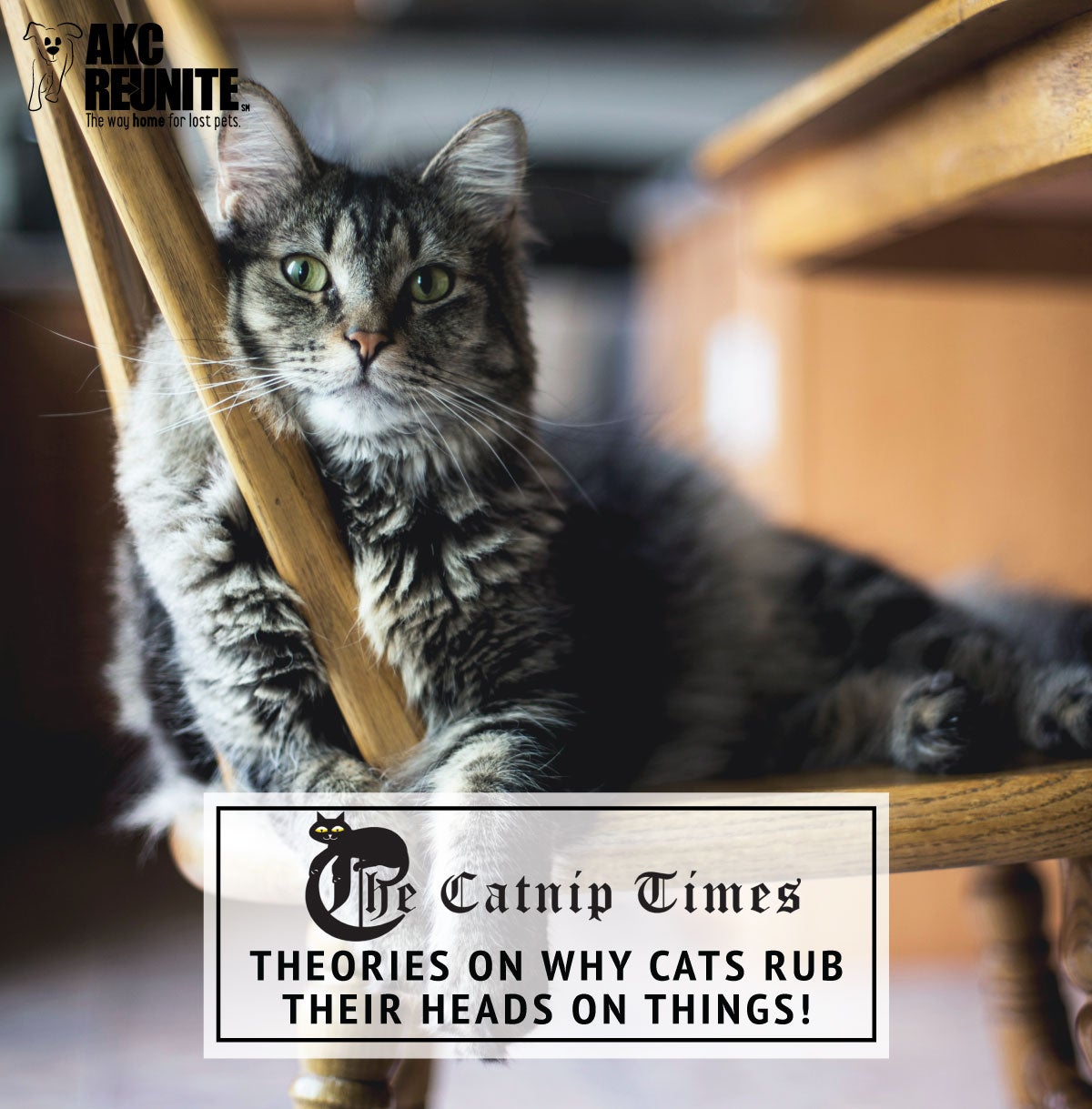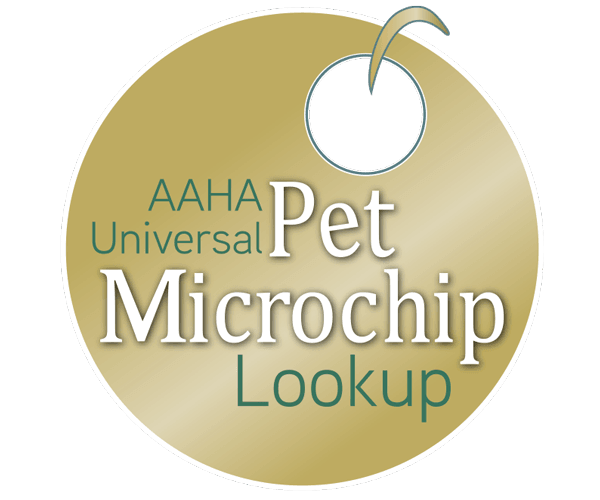Surprising Foods Your Cat Should Avoid!
By: The CatNip Times
Cats are curious creatures by nature, and this often extends to their diet. However, as pet parents, we need to be mindful about which foods are dangerous for our furry friends!
Chocolate and Caffeinated Drinks
Although many people are aware of the danger chocolate poses to dogs, not everyone knows that cats are also at risk. Chocolate contains substances like theobromine and caffeine that are toxic to cats. Depending on the chocolate’s type and quantity ingested, your cat may experience anything from mild gastrointestinal upset to more serious issues such as arrhythmias, seizures, and even death. Caffeinated drinks pose a similar risk, leading to restlessness, rapid breathing, and heart palpitations. To ensure your pet’s safety, always store chocolates and caffeinated products securely.
Alcohol
Even in small quantities, alcohol is dangerous for cats. Ingesting alcohol can lead to a series of health problems including vomiting, diarrhea, difficulty in breathing, and in extreme circumstances, organ damage. The severity of the symptoms can escalate quickly, posing a substantial risk to your cat’s health. It is vital to keep alcoholic beverages and foods containing alcohol well out of their reach.
Onion, Garlic, and Related Vegetables
Members of the allium family – onions, garlic, leeks, and chives – are another set of human foods that can be detrimental to your cat’s health. These vegetables can cause gastrointestinal irritation and might potentially lead to hemolytic anemia, a condition characterized by damage to red blood cells. It is essential to avoid giving foods seasoned with these ingredients to your cat, even in small amounts, as they can be toxic over time.
Dairy Products
Contrary to popular belief, dairy products are not suitable for cats, especially adults. A significant number of cats are lactose intolerant, which means they lack the essential enzymes to effectively digest lactose found in milk. As a result, consuming milk can lead to stomach discomfort and diarrhea for them. Instead of giving your cat cow’s milk, opt for specially formulated cat milk that is lactose-free and safe for them to consume.
Grapes and Raisins
Grapes and raisins are known to be toxic to some cats, although the exact cause of toxicity is unclear. Consumption can potentially lead to kidney failure, a severe and often fatal condition. As such, it is highly advisable to keep these fruits away from your cats to prevent any adverse effects.
Citrus Fruits
Citrus fruits such as oranges, lemons, limes, and grapefruits contain chemicals that are toxic to cats. Consuming them can cause gastrointestinal upset, and in larger quantities, they can lead to more severe health issues. Ensuring that your cat doesn’t have access to citrus fruits will help in maintaining their optimal health.
Xylitol
Xylitol, a common sweetener in sugar-free products and dental products, can cause a sudden release of insulin in cats, leading to hypoglycemia (low blood sugar levels). The symptoms might range from vomiting to loss of coordination and seizures. Always read the labels of the products you bring home to ensure they do not contain xylitol.
Bones and Fat Trimmings
While it might be tempting to offer your cat some bones and fat trimmings, it’s a practice best avoided. Bones, particularly those that are cooked, can splinter and cause obstructions or lacerations in the digestive system. Meanwhile, fat trimmings can induce pancreatitis, a painful inflammatory condition.
Raw Dough
If ingested, raw dough undergoes fermentation in a cat’s stomach, producing alcohol and causing the dough to expand. This can result in alcohol poisoning and severe stomach distention, which can be life-threatening. It is imperative to keep raw dough well out of your cat’s reach to prevent a potential emergency.
Conclusion
As cat lovers, it is our duty to shield our purring companions from hazards, including those that lurk in seemingly harmless foods. Being educated on the dangers of various foods and practicing caution can be the cornerstone of nurturing a healthy and joy-filled environment for your feline friend. Additionally, securing pet insurance for cats adds an extra layer of protection, ensuring that in times of unforeseen accidents, you are equipped to offer the best care without delay. In embracing awareness and preparedness, we foster a space where the well-being of our cherished pets is not left to chance but nurtured through informed and compassionate guardianship.
RELATED POSTS
Why Does My Cat Groom Itself
Does your cat lick itself constantly and have patches of fur missing or hair loss? If so, your cat might be grooming excessively. Here we'll discuss how to spot signs of excessive grooming, what might be causing it, and how to stop.
Three CAT-Astrophic Poison Dangers for Cats!
Did you know even the water from a popular Easter Lily’s flower’s vase can be dangerous to your favorite feline? But that’s not all! Not only are these items dangerous to cats, but the costs associated with veterinary care should they encounter any of these items can be expensive for owners.
Theories on Why Cats Rub Their Heads
Does your cat rub his or her face on things? It may seem like a strange behavior, but it turns out there may be an explanation behind it!

